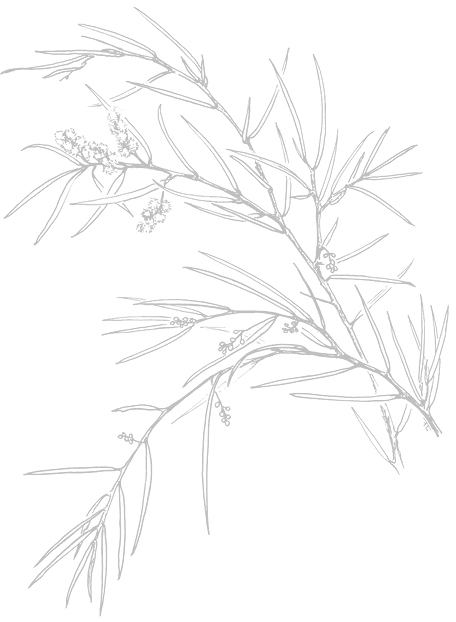
Scientific Name: Ruppia tuberosa
Common Name: tuberous seatassel
Family Classification (Clade): Monocots
Family: Ruppiaceae
Threatened Species Status: Rare
Permit: It is an offence to collect, disturb, damage or destroy this species unless under permit.
Form Description: Submerged slender aquatic herb, perennial, with stems up to 2cm long and thread-like leaves.
Flowers: Two small flowers in terminal spikes. Flowering stalk up to 30cm long, regularly shorter where plants are exposed at low tides.
Fruit: Achene – 2mm long; turn black when mature.
Municipality
Plant Communities
Habitat Notes
Holes and channels in saltmarshes, Ralphs Bay and Blackman Bay, east coast.
General Notes
Aquatic annual plant. Commonly produces turions, fleshy storage organs which overwinter and then start growth in the spring.
Propagation Calendar
-
Flowering Month
Jan Feb Mar Apr May Jun Jul Aug Sep Oct Nov Dec -
Seed Collecting Month
Jan Feb Mar Apr May Jun Jul Aug Sep Oct Nov Dec -
Sowing Month
Jan Feb Mar Apr May Jun Jul Aug Sep Oct Nov Dec -
Cutting Month
Jan Feb Mar Apr May Jun Jul Aug Sep Oct Nov Dec
Propagation Method
Seed Information
Seed Collection
Pollination occurs on or below the water surface. Not easily grown from seed.
Seed Treatment Method
Bog Method The seeds of many wetland species need to be kept wet to germinate. Punch a hole in the side of a recycled polyfoam box so that it holds water to the required depth. Sit the tubes in the box to germinate. Once germinated, punch holes in the bottom of the box to allow drainage.
Seed Treatment Notes
Sow in shallow water using the bog method.
Cutting & Division Information
Can be propagated easily by division of rhizomes.